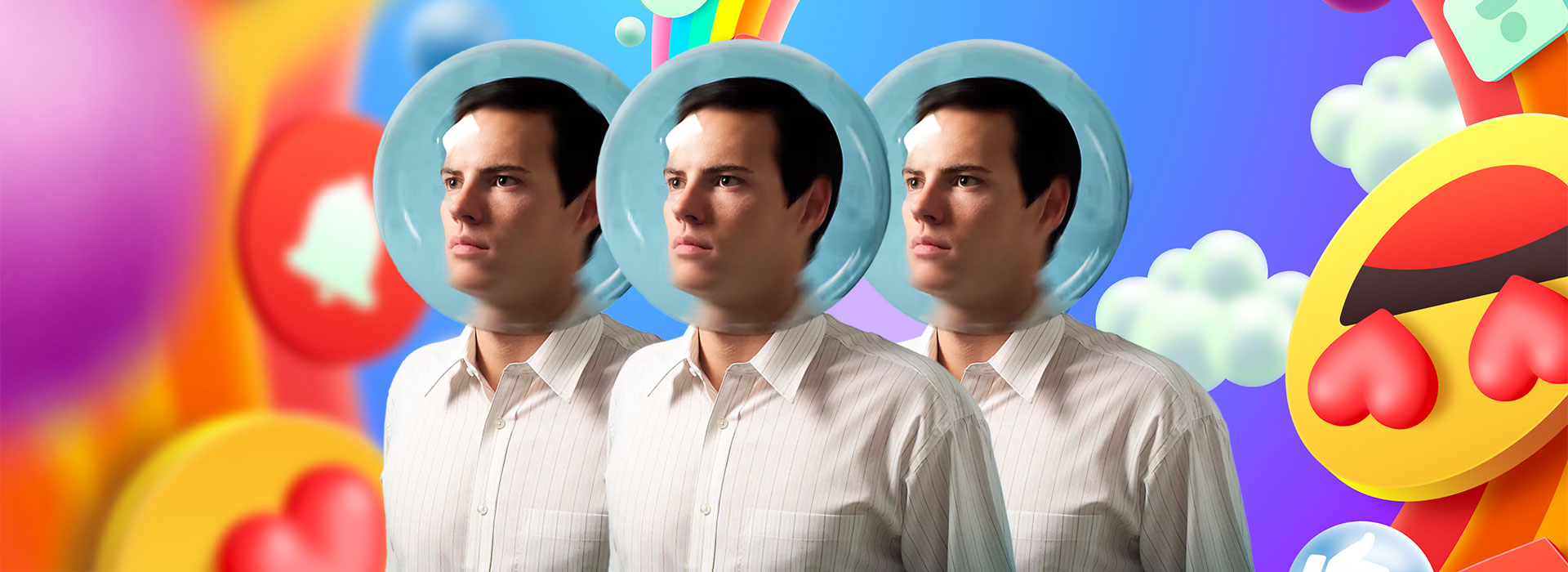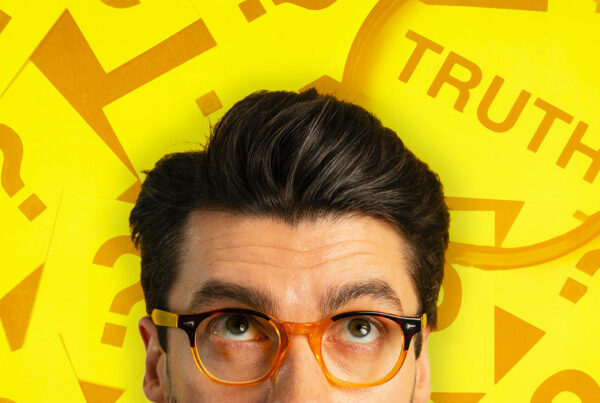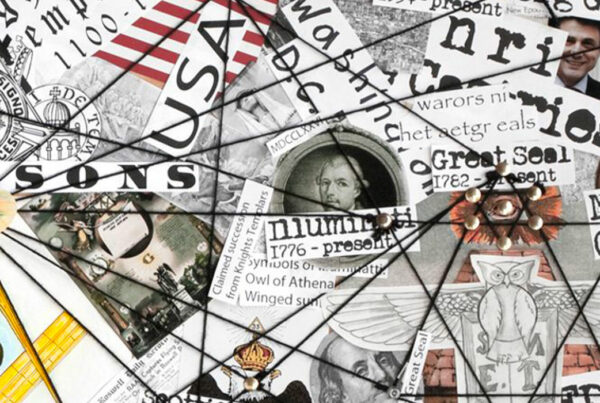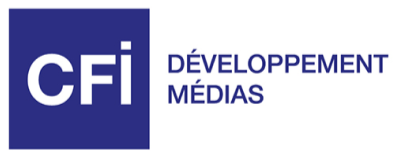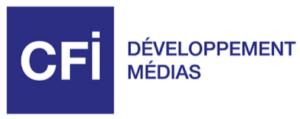You open your favorite social network… and you stumble upon content that perfectly matches your tastes, opinions, and interests. Super convenient? Yes. Too comfortable? Also. By being fed only what we want to see, we risk no longer seeing the rest. Welcome to the “filter bubble”… and beware, it can have more impact than you might think.
1- What exactly are algorithms?
Social networks, video platforms, or search engines use algorithms, which are computer programs that sort, select, and rank the content we see. The goal? To keep us connected for as long as possible.
Platforms use several mechanisms to capture our attention:
- Content personalization: The algorithm favors posts we like, thereby reinforcing our existing beliefs.
- Highlighting viral content: Posts that generate the most interactions (comments, shares) are promoted, regardless of their accuracy. They often prioritize the most divisive and violent content. By automating the visibility of the most controversial and popular news, algorithms tend to encourage virality and, as a side effect, promote disinformation and hateful messages.
- Repetition and exposure: The more we see a piece of content, the more likely we are to believe it—even if it’s false.
- Recommendations based on engagement: The more a topic interests us, the more similar content we will receive.
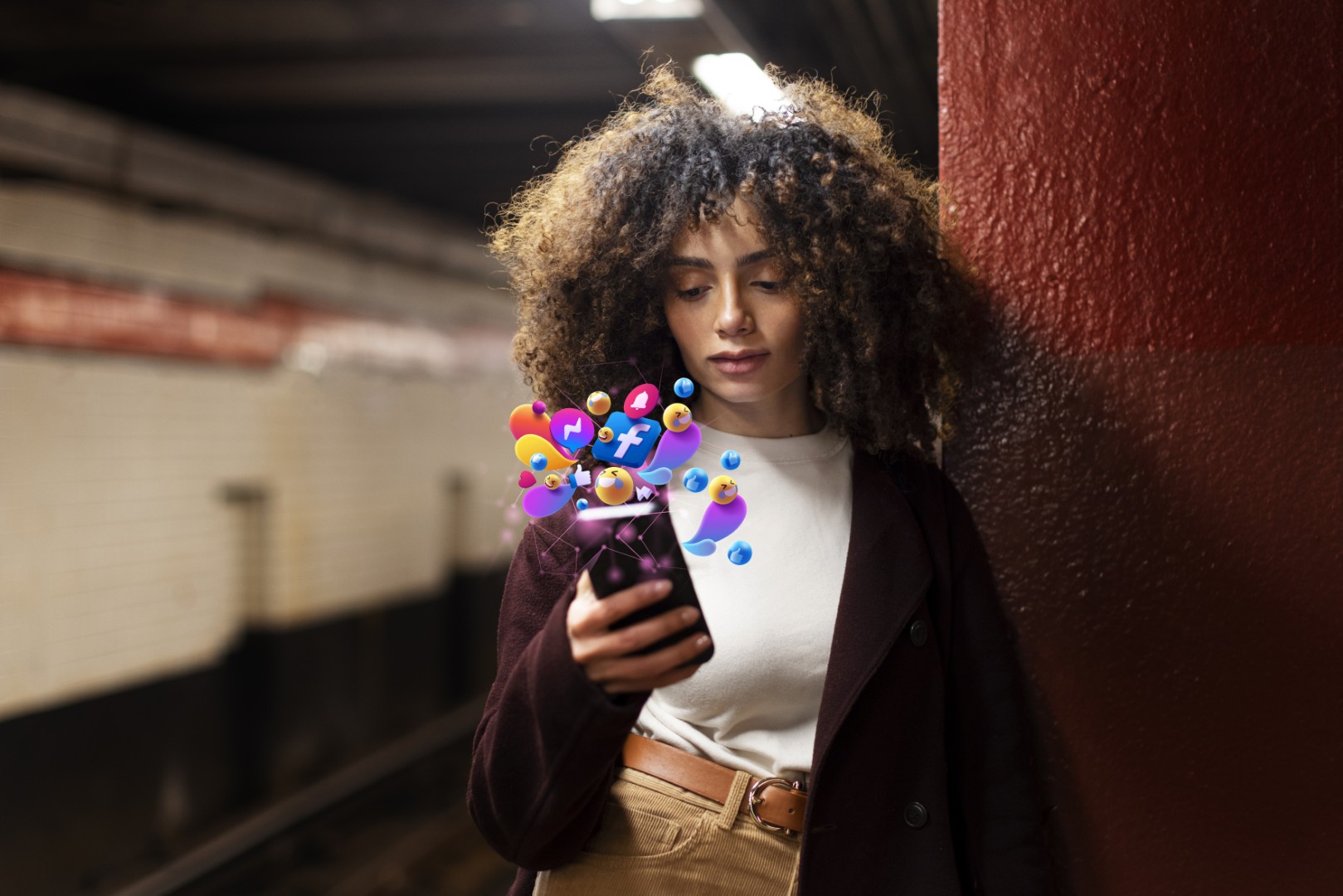

2- The filter bubble and echo chambers
By analyzing your interactions (likes, shares, subscriptions…), platforms aim to capture your attention by showing you posts that confirm your tastes, opinions, and interests.
➡️ The more you watch a certain type of video, the more you will see.
➡️ The more you like posts from the same political side, the more the algorithm will suggest similar ones.
When algorithms repeatedly show you content pointing in the same direction, you enter what is called a filter bubble. The result? Divergent points of view gradually disappear from your news feed.
This algorithmic sorting can reinforce your beliefs, reduce your open-mindedness, and encourage confirmation bias (the tendency to favor information that confirms what we already think). Over time, you risk closing yourself off to a single vision of the world, without exposure to different ideas.
A similar, but slightly different phenomenon is that of the echo chamber. Here, it is not only the algorithms that select the content, but the groups themselves: on social networks, we follow people who resemble us, we join communities that share our ideas… Acting like resonating boxes of individuals’ worldviews, echo chambers are said to be a place of radicalization of minds.
A striking example of this mechanism is the community of “Incels.” This community was born from men who could not find a partner and gathered online to discuss their romantic struggles. Quickly, some members began to express increasingly openly misogynistic opinions. The Incel group then followed a classic pattern of radicalization: the rise of leaders, increasingly virulent affirmation of group identity, progressive exclusion of other groups, and isolation.
| A concept to nuance
According to some researchers, people who do not actively seek news on social networks may sometimes be exposed to more diversity of sources than those who do not use them at all. In fact, algorithms can even broaden our horizon by exposing us to content we wou |
3- What are the risks?
Staying locked in an informational bubble can have several consequences. First, debates become more radicalized: everyone sticks to their positions, nuances disappear, and dialogue becomes more difficult.
Next, these closed environments encourage the spread of fake news. A false piece of information that confirms our ideas is more likely to be believed… and shared. We no longer bother to verify it, because it “seems right.”
Over time, this can reinforce distrust toward others. Different ideas start to feel absurd, threatening, or incomprehensible. We end up seeing the world only through a distorted lens — and that is where cognitive isolation begins: the loss of contact with the plurality of viewpoints, experiences, and realities.
4- Is there a way out? The good news is: yes.
Getting out of your bubble is not always pleasant, but it’s possible — and necessary to keep your critical thinking sharp.
A first step is to diversify your sources of information, by following media or people who don’t think like you. This doesn’t mean agreeing with them, but accepting to listen. It’s also useful to take the time to verify information before sharing it, especially if it seems “too good to be false.”
Another approach: change formats. Listening to a podcast, reading a long article, or watching a documentary often allows you to step back, away from the frenzy of news feeds.
And then, adopting simple habits can make a difference: asking yourself “Why am I seeing this content? Does it really reflect reality?” or even disabling personalization on certain platforms, when possible.
In short, broadening your horizon is above all about accepting to step out of your comfort zone. And that’s how we keep an open mind… even in the age of algorithms.
